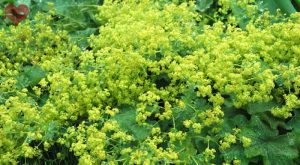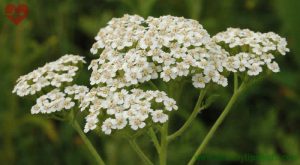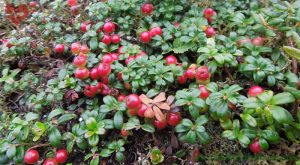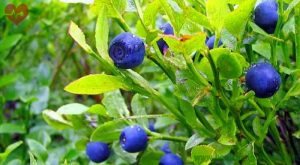High blood pressure and it’s normalization with natural means
Many believe that high blood pressure is a result of overwork, inactivity, excessive festive lunches, excessive smoking, irregular diets and intense life. The fact is that doctors certainly do not know what actually causes high blood pressure.
The most common signs of hypertension are: headache in the back, fatigue, dizziness, ringing in the ears, heartbeat, frequent urination and bleeding from the nose. It is thought that a person aged 45 years, a smoker with high cholesterol and systolic pressure over 180, is 11 times with a greater risk of a stroke and 5 times heart attack – compared to the average 45 year-old. About 10% of people with hypertension get kidney disease.
Blood pressure is a key indicator of a healthy heart and blood vessels. Therefore, anyone who cares about their health, keeps a record of their blood pressure and occasionally controls. Normal pressure is 140/90 or those under 140 with 90 mm of mercury column.
The first value is the systolic and diastolic pressure and other any significant deviation is dangerous.
It usually begins gradually and imperceptibly. The first symptoms are irritation, headache at the back of the head, fatigue and so on. In later stage the disease is accompanied by arteriosclerosis, coronary sclerosis, expanding of the left heart chamber, various arrhythmias and obstacles in the power supply to the heart muscle, angina pectoris, heart attack, stroke and so on. Symptoms of swollen kidneys may appear and can cause congestion of the capillaries in the kidneys, which can cause a severe kidney disease.
Increased blood pressure is not a disease but a condition that affects the damage to vital organs, most commonly the heart or blood vessels, brain and kidneys.
Rule No. 1: Cut the salt
To reduce the use of salt. It is scientifically proven that the consumption of salt is directly the occurrence of hypertension and it appears where more salt is consumed. On the recommendation of the World Health Organization more than 6g of salt should not be added to food and elderly not more than 0.5 to 2 g of salt. It should be known that some foods contain salt, meat products, canned meat and fish, dried spicy cheeses, canned vegetables, olives and so on. Instead oily and strong flavored dishes, eggs, oil, cream, fatty and salty cheeses and meats ,cooked vegetables, rice, cereals and similar to the these should be used more with a little salt. In addition to the dishes you should use salads with lemon juice and a little oil with very little salt. In case the physician gives you the diet without salt, you should follow these tips: salt shouldn’t be used for the preparation and cooking of food, and as a spice use lemon juice, pepper, garlic, spicy pepper, parsley and so on.
Use unsalted bread or reduce the amount of max 3 bread slices a day.
Avoid canned meat and canned fruit, savory cheeses and concentrates soup bags industrial spices, you should give preference to natural foods.
The use of milk should be reduced to Вј liters a day, throw out the use of oil, margarine and cream if salted.
The use of pickles and sauerkraut and mustard should be reduced to the least possible extent.






